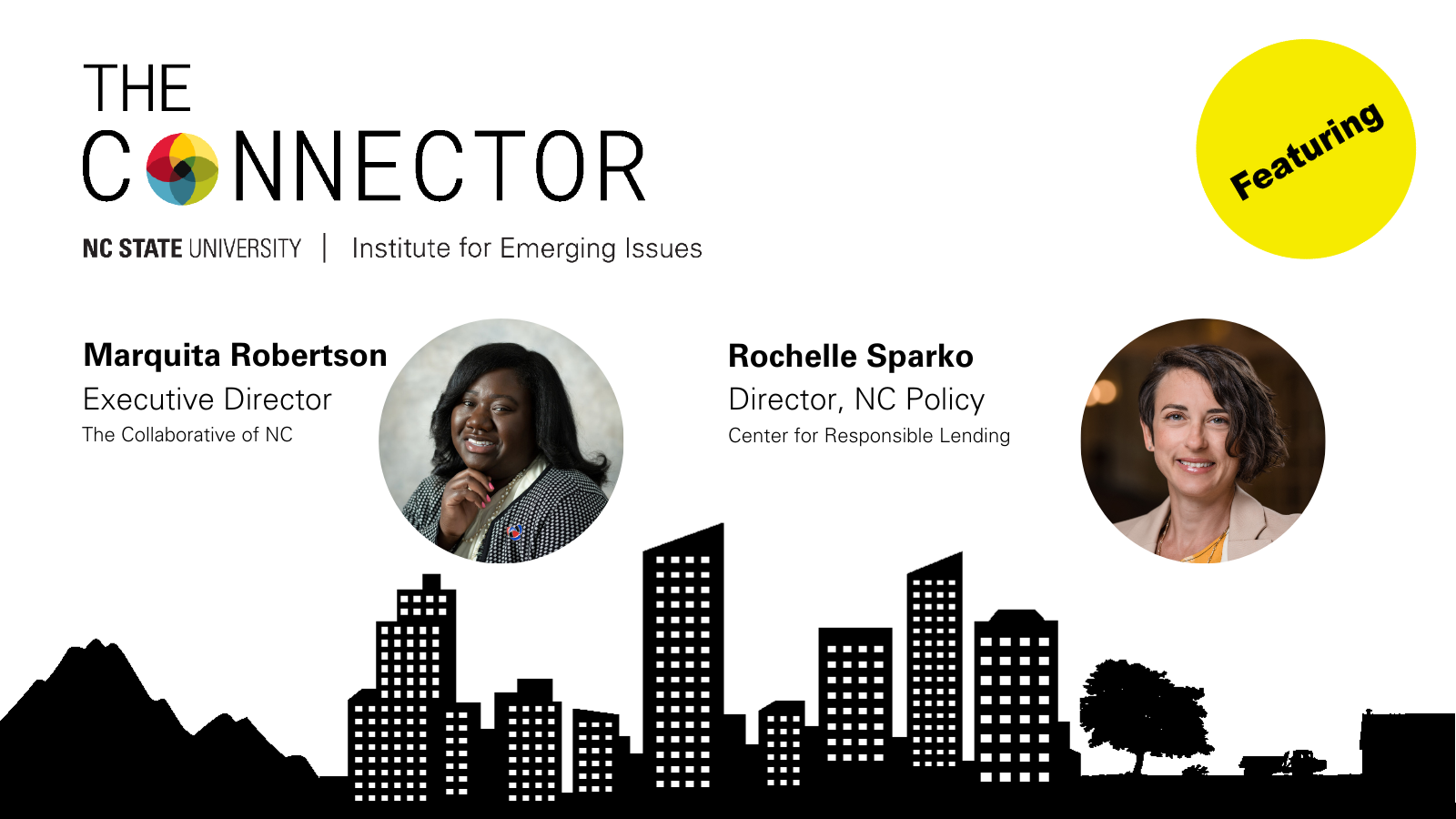Discovery or Drills?
 The groundswell of interest in early childhood development as an economic development strategy is bringing to light a host of important issues. Among these: how to better connect early care (birth-to-age-five) policies and programs with the K-12 educational system. With substantial evidence that skills and knowledge learned before kindergarten are important to later achievement, we need to get this right to give every child the chance to be the best he or she can be.
The groundswell of interest in early childhood development as an economic development strategy is bringing to light a host of important issues. Among these: how to better connect early care (birth-to-age-five) policies and programs with the K-12 educational system. With substantial evidence that skills and knowledge learned before kindergarten are important to later achievement, we need to get this right to give every child the chance to be the best he or she can be.
How can we ensure that more kids come to kindergarten with the right skills, and that our K-12 system is ready to build upon that base? SAS and the Institute for Emerging Issues recently hosted a conversation with Dr. Greg Duncan, a leading education researcher at the University of California, Irvine, K-12 educators, and early childhood advocates from across our state.
No one in the audience took issue with the need to better connect what are two very different education systems, starting with pre-kindergarten and K-3; rather, the issue was how best to do it. Early education approaches rely heavily on play-based activities to promote social, emotional and academic development, while kindergarten (and beyond) puts academics firmly at the forefront. Should we be “pushing down” academic-oriented standards to get kids ready for kindergarten, or “pushing up” the more play-based approaches rooted in our understanding of early childhood development?
This debate is about teaching styles, outcome priorities, and the institutional structures that undergird two very different educational approaches. Effective integration may ultimately embody the best elements of both, changing how students are taught throughout the PK-3 experience. To an audience of practitioners, Duncan suggested there is no one-size-fits-all solution and called for local experimentation backed by rigorous evaluation.
Pat Cronin is the Assistant Director for Policy and Programs at Institute for Emerging Issues.
- Categories:


